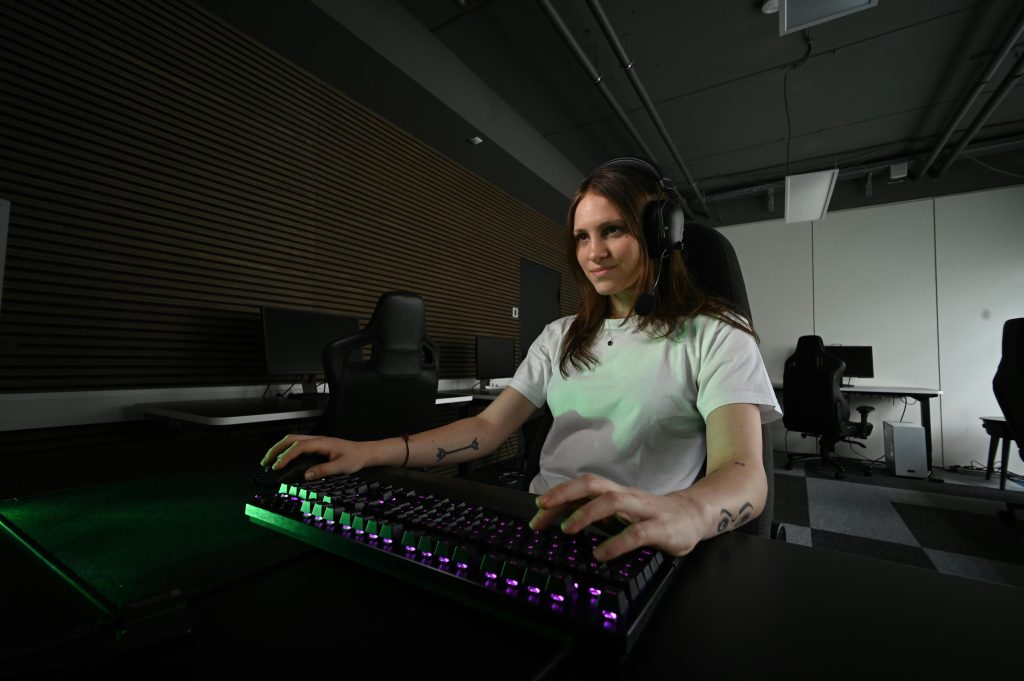Gaming is an incredibly rewarding hobby, but it can be pricey, especially with the high costs of the latest consoles, PCs, and accessories. But here’s the good news: you don’t have to spend a fortune to enjoy a top-class gaming experience! With a few smart strategies, you can elevate your gaming setup and performance without breaking the bank. Let’s dive into some budget-friendly tips for optimizing your gaming experience.
1. Choose the Right Budget Hardware
If you’re a PC gamer, building your own budget-friendly rig can be more cost-effective than buying a pre-built machine. Focus on components that impact performance the most:
- Graphics Card: This is where a large portion of your budget should go, as a decent graphics card can significantly improve gameplay and visuals. Consider slightly older models that still offer great performance but come at a lower cost.
- Processor (CPU): For most games, a mid-range CPU will perform well, especially when paired with a strong GPU.
- Memory (RAM): 16GB is ideal for modern games, but if you’re on a tight budget, 8GB will work for many popular titles.
If building a PC from scratch isn’t an option, consider looking for refurbished or used PCs from reputable sellers. Used gaming consoles can also be an affordable way to enjoy a wide range of games.
2. Upgrade Your Storage
Upgrading to a Solid-State Drive (SSD) is one of the most affordable ways to improve your gaming experience. SSDs are faster than traditional hard drives, which means shorter load times and a smoother gaming experience overall. Even a smaller-capacity SSD for your primary games, along with a traditional hard drive for storage, can make a noticeable difference in performance.
3. Tweak Your Graphics Settings
You don’t need the latest hardware to run games smoothly if you optimize your in-game graphics settings. Most games allow you to adjust settings such as resolution, texture quality, and anti-aliasing. Lowering or customizing these settings can significantly boost frame rates and reduce lag without a huge loss in visual quality. Some games even offer performance presets that adjust graphics settings to run smoothly on lower-end hardware.
4. Use Budget-Friendly Peripherals
Gaming peripherals (like keyboards, mice, and headsets) can get expensive, but plenty of budget options offer excellent quality. Look for these budget-friendly options:
- Wired controllers and mice: Wireless options are convenient but pricier. Wired controllers and mice tend to be cheaper and offer faster response times, which can be crucial in competitive gaming.
- Budget headsets: Quality audio enhances game, so a good headset is worth investing in. Look for budget brands that offer solid sound and a comfortable fit without all the premium bells and whistles.
5. Try Game Subscriptions and Free Titles
Games themselves can be a significant cost, especially new releases. Thankfully, there are ways to game on a budget:
- Game subscription services: Services like Xbox Game Pass, PlayStation Plus, and even Steam’s sales can offer huge savings, giving you access to dozens (or even hundreds) of games at a low monthly fee.
- Free-to-play games: Many popular games, like Fortnite, Apex Legends, and League of Legends, are completely free to play and can provide hundreds of hours of entertainment.
6. Take Advantage of Software Optimization
Software can also play a big role in optimizing your gaming experience:
- Graphics Card Drivers: Always keep your graphics card drivers up-to-date, as new updates often include performance improvements and bug fixes.
- Game Boosters: Applications like Razer Cortex or Game Fire help optimize your computer by closing unnecessary background processes and allocating more resources to your game, leading to a smoother experience.
7. Optimize Your Network for Online Play
Lag and high ping can make online games frustrating, but there are a few budget-friendly ways to improve your network:
- Use a Wired Connection: A wired Ethernet connection is generally faster and more reliable than Wi-Fi, reducing latency and improving overall connection stability.
- Optimize Router Placement: If you’re stuck with Wi-Fi, make sure your router is close to your gaming setup or invest in a Wi-Fi range extender to minimize connection drops and slowdowns.

